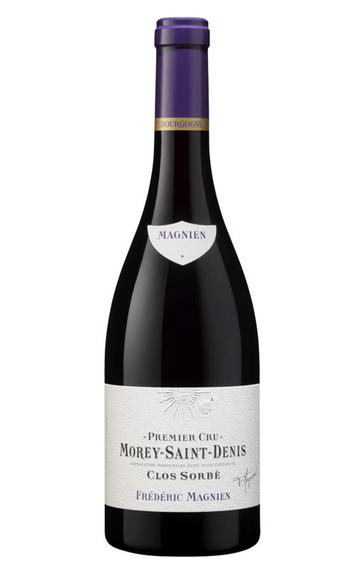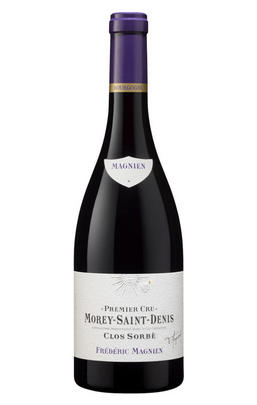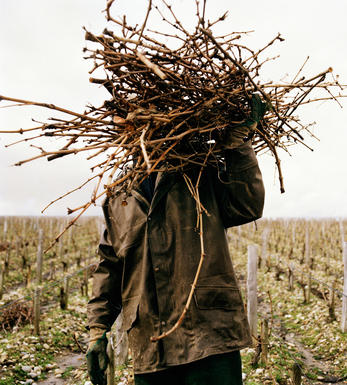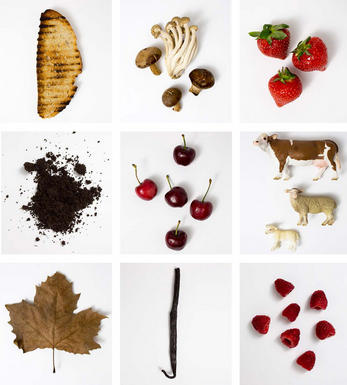
2020 Morey-St Denis, Clos Sorbè, 1er Cru, Frédéric Magnien, Burgundy

Critics reviews
Moderate reduction is enough to render the nose unreadable today. More interesting are the exuberantly energetic, detailed and refined middle weight flavors that also conclude in a dusty, linear and somewhat attenuated finish where again there is enough CO2 present to question whether it's the gas or a slightly lack of complete ripeness of the supporting tannins.
Allen Meadows, Burghound
About this WINE

Frederic Magnien
Frédéric Magnien is widely regarded as one of the shrewdest and sharpest young winemakers working in the Côte d'Or today. His father Michel Magnien is a well-respected vigneron who produces wine in his own right, as well as being responsible for the vineyard management of Maison Louis Latour. Frédéric Magnien is the fifth generation of his family in Morey-St-Denis. Having worked with his father after wine school, and then travelled to work with Pinot producers in California and Australia, Fréderic rejoined his father in 1993 and two years later created his own négociant label, which has proved one of the recent success stories in Burgundy.
Frédéric has no vineyards - his talent lies in sourcing fruit from small holdings from the best plots in the finest vineyards. When he started out, he had many contacts through his father and he has now built up a network of growers in Morey-St-Denis, Gevrey-Chambertin, and Chambolle-Musigny. In the winery, Frédéric adopts a hands-off approach as much as is practically possible, enabling each wine to display its individual vineyard origins. His wines are bottled unfined and unfiltered and are as modern as the presentation, with flamboyant labels on turbo-charged bottles: enormously to the taste of some consumers but less so to others.
Jasper Morris MW, author of the award-winning Inside Burgundy comprehensive handbook.

Pinot Noir
Pinot Noir is probably the most frustrating, and at times infuriating, wine grape in the world. However when it is successful, it can produce some of the most sublime wines known to man. This thin-skinned grape which grows in small, tight bunches performs well on well-drained, deepish limestone based subsoils as are found on Burgundy's Côte d'Or.
Pinot Noir is more susceptible than other varieties to over cropping - concentration and varietal character disappear rapidly if yields are excessive and yields as little as 25hl/ha are the norm for some climats of the Côte d`Or.
Because of the thinness of the skins, Pinot Noir wines are lighter in colour, body and tannins. However the best wines have grip, complexity and an intensity of fruit seldom found in wine from other grapes. Young Pinot Noir can smell almost sweet, redolent with freshly crushed raspberries, cherries and redcurrants. When mature, the best wines develop a sensuous, silky mouth feel with the fruit flavours deepening and gamey "sous-bois" nuances emerging.
The best examples are still found in Burgundy, although Pinot Noir`s key role in Champagne should not be forgotten. It is grown throughout the world with notable success in the Carneros and Russian River Valley districts of California, and the Martinborough and Central Otago regions of New Zealand.


Buying options
Add to wishlist
Description
Moderate reduction is enough to render the nose unreadable today. More interesting are the exuberantly energetic, detailed and refined middle weight flavors that also conclude in a dusty, linear and somewhat attenuated finish where again there is enough CO2 present to question whether it's the gas or a slightly lack of complete ripeness of the supporting tannins.
Allen Meadows, Burghound
wine at a glance
Delivery and quality guarantee